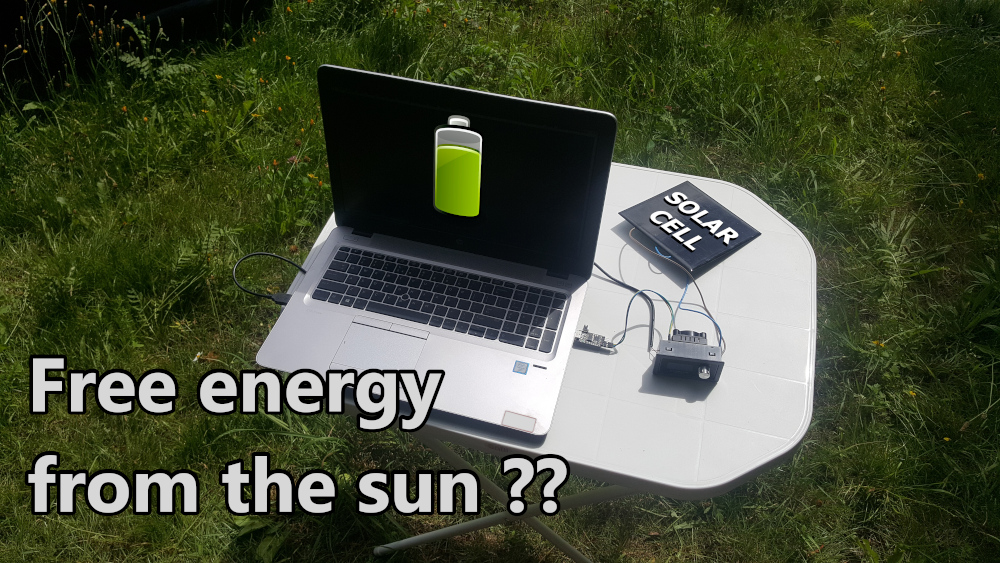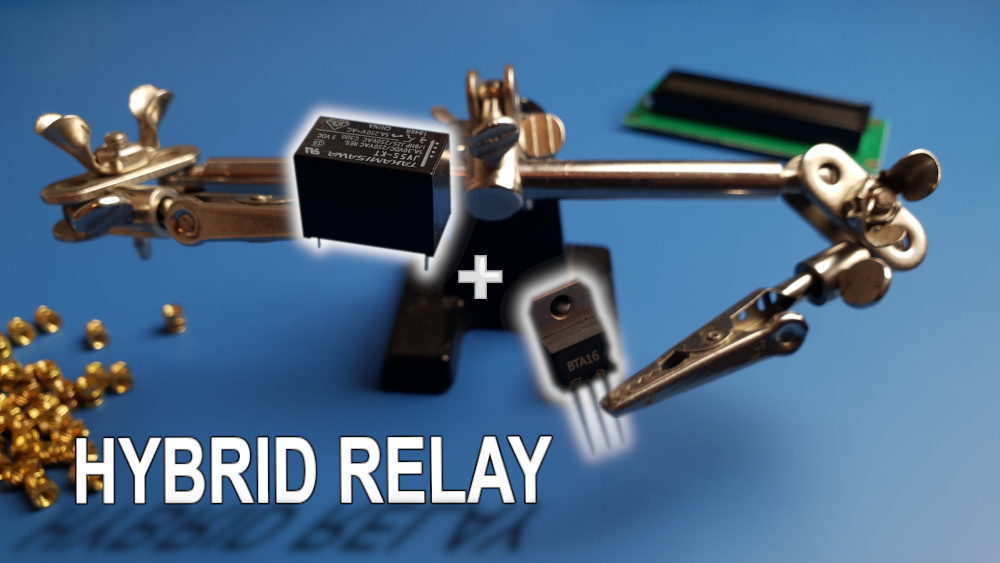I’ve been dealing with Smart Home for a couple of years now, and my definition has changed several times. No matter how many people I’ll ask, I will get a different answer every time. For each “Smart Home” means something else. No wonder, everyone has different experiences, different daily routines, and different expectations, but everybody agrees with one thing: Smart Home should make life easier, not harder.
In this post, I will try to answer a few questions that I had myself wondering if such a system at my home is a good idea.
So.. what is Smart Home?
Smart Home is a home where everyday household devices operate according to a specific schedule. They react to people’s behavior at home. Smart Home “cares” about the safety and comfort. It will deal with repetitive and boring activities, such as regulating the indoor climate.
Disclaimer

In this post, I will use the word Smart many times. Keep in mind that every time I write it, I mean “Smart“ – in quotation marks. I think this term is very abused these days. Now everything is smart. Even car wipers are smart
For me, things will start to be smart as they create artificial intelligence. And no, Google neural networks aren’t artificial intelligence yet. Nevertheless, this word has already entered the colloquial speech so much that even I use it daily. However, I always add the quotation mark in my head 🙂
Ok, let’s start!
What are the advantages of Smart Home?
It’s probably the most frequently asked question.
- In my opinion, the most significant advantage is the comfort that I don’t have to think about all these little things at home.
- I don’t have to remember to reduce the temperature when everyone leaves the house.
- I don’t have to worry if someone left the light on somewhere, and it has been on for several hours.
- The undoubted advantage is the savings on electricity and gas (I use gas to heat my home). It may seem little, but the temperature control itself, turning off the heating in the room when the window is open or turning off the light where it isn’t necessary creates large cash savings.
- Security is also a fundamental thing (shouldn’t it be at the top of the list?). With Reed sensors in windows and doors, no one can enter the house uninvited.
The biggest misunderstandings
It is the chapter in which I will probably stand out the most. Not everyone may agree with me, but in my opinion, the concept of Smart Home is generally misunderstood.
- The first and most significant misunderstanding is to confuse remote control with “smartness”. Many times I encountered a situation when someone turning on the light with a smartphone and proudly says that he has smart lighting. It’s just a fancy way to replace the switch on the wall with a smartphone 🙂
- The second misunderstanding is having several different systems at home. For covering blinds one application, for lighting another, for a vacuum cleaner another. I can go on forever, but you probably know what I’m going to. As I mentioned earlier: The word “Smart” is nowadays overused. Everyone wants to have Smart things in their home, so producers meet their expectations and create them. Each manufacturer creates its smart device and its system. That’s how we end up with 15 applications on the smartphone for our Smart Home.
- Another misunderstanding is when you have to explain to your guests how turns on the light. “Wait! Don’t use this switch, just install the XYZ application, log in, add the light to it, and then you can turn it on and off”. This is an example from my life. A long time ago, I bought a few smart bulbs! For them to work correctly, they had to be permanently powered – i.e., the wall switch had to be in the “on” position at all times. Such a thing isn’t intuitive for most people, so they had to undergo training: “how to turn on the light Sebastian’s home” 🙂 This isn’t the right way!
What devices can be smart?

Generally, everything in your home can be more or less Smart. Of course, we are talking about devices that need electricity to operate. I don’t know what the “Smart Chair” would look like 🙂
A few examples from my home:
- interior and exterior lighting
- thermostatic actuators
- lawn irrigation
- security alarm
- gas and smoke detection
- blinds and shutters
- home theater
Does Smart Home work without internet?
To make it a bit simpler, let’s break this topic into two separate questions:
- Can we control our home remotely when there is no internet?
- Will our Smart Home (all automation) work without internet access?
Ad. 1 Of course, if for some reason, our internet provider fails, we won’t have access to our system from outside.
Ad. 2 The answer to the second question is … “it depends”. Well, whether the device will work without the internet, depends on the manufacturer and its specific device. If you need to connect to a server from the far east to turn on the light bulb, then probably your smart home system will not work. Sometimes the device (in case of loss of connection to the server) allows operation locally. Of course, all the “smartness” disappears, but at least you don’t have to sit in the dark 🙂
On the other hand, if the entire “brain” of your system is located at your home, then all the automation will work as before, no matter if there is internet or not. That is why I highly recommend this method of building your smart system.
What are the risks of having a Smart Home?
One of the main arguments raised against Smart Home (except for the price) is always safety. It is a big topic and deserves a separate article. Now only an introduction to it.
Security Issue is exactly the reason why I don’t like using devices that need internet access to work. I don’t like the idea that every information, e.g., someone switching home a light, gets outside. Probably it is well protected, and it probably has nothing to fear, but.. the fewer middlemen, the better. The problem gets bigger, the more different systems we have.
That is why I think that all devices should communicate with the central unit, which is locally at home. And only that is entitled to “talk” with something outside. In this way, we can focus on the security of only one device that we control.
Which smart system should I choose?
There are a lot of smart systems on the market, and every few weeks I hear about something new. However, they can all be divided into two categories: open and closed.
Closed systems are, e.g., KNX, HomeKit, Xiaomi Home. The advantage of those types of systems is their completeness and reliability. The biggest disadvantage is its price. Depending on how many smart devices you want, prices can reach several thousand USD.
In open systems, it’s the opposite. More work with it, but the price is much lower. In this case, I highly recommend Home Assistant. I have been using it for about two years, and I am delighted. There is also Domoticz and OpenHab.
There are also solutions between these two categories. I mean, all systems that use Zigbee or Z-Wave for communication.
Related Articles
The best Air Quality sensors for Smart Home
According to the World Health Organization even 7 million people die each…
Solar Panel for DIY Projects
Free energy from the sun – sounds great right? It…
How Hybrid Relay works? – The Complete Illustrated Guide
The Hybrid Relay is a combination of electro-mechanical and semiconductor…



